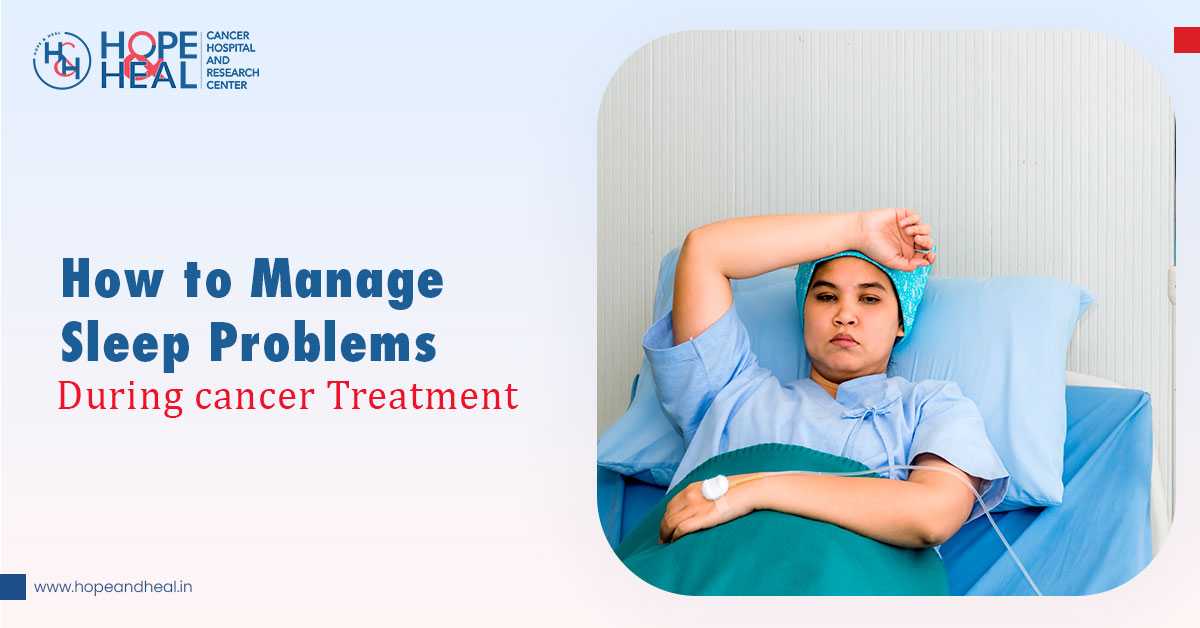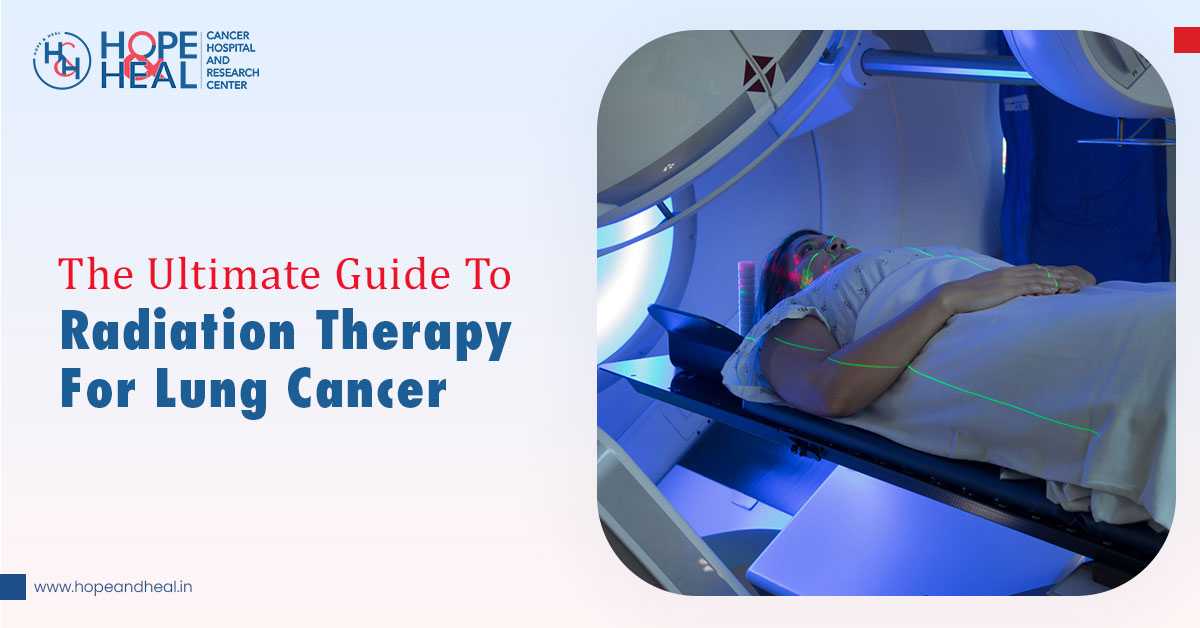As reports show, prostate cancer is the second leading cancer in men. Among different types of prostate cancer, adenocarcinoma is the most common kind. This type of prostate cancer starts in the cells of the prostate gland that secretes seminal fluid called semen.
While early diagnosis of prostate cancer can ensure the best outcomes, this cancer rarely causes symptoms in the initial stages. To help you understand what this disease is, this blog talks about several factors about prostate cancer, its risk factors, symptoms, treatment options, etc.
If you’re looking for comprehensive and effective treatment for prostate cancer, get high-quality cancer treatment in Siliguri at Hope & Heal Cancer Hospital and Research Centre.
Prostate Cancer - What are the Symptoms?
Though early prostate cancer usually doesn't cause symptoms, the common symptoms here include:
- Difficulty urinating
- Frequent urination
- Needing to wake up at night to pee
- A weak urine stream
- Pain or discomfort in the pelvic/ lower stomach area
- Blood in the urine
- Loss of bowel control
- Pain when you pee
- Pain in the hip area, lower back, or chest
- Bloody semen
- Painful ejaculation
- Erectile dysfunction and pain
- Loss of bladder control
Symptoms mentioned in this blog are not exclusive to prostate cancer. These discomforts or signs can be associated with benign (non-cancerous) conditions like an enlarged prostate (BPH), which isn’t responsible for prostate cancer. Many people see benign prostatic hyperplasia (BPH) as a risk of prostate cancer, while it enlarges your prostate gland but doesn’t increase the cancer risk.
Therefore, medical diagnosis is key to diagnosing the cause of these symptoms. Another prostate gland-related health concern is prostate inflammation – prostatitis. For males younger than 50, an enlarged prostate gland is most likely prostate inflammation leading to swelling. It is a benign condition that causes inflammation and swelling, often a result of bacterial infections.
Prostate Cancer- What Can Put You at Risk?
When doctors or researchers don’t know the exact cause of prostate cancer, they suspect various factors as contributing factors for prostate cancer. These are:
- Age over 65
- A family history of prostate cancer
- Genetics, such as Lynch Syndrome or a strong family history of breast cancer
Other risk factors include:
- Sexually transmitted disease
- Smoking
- Obesity
Diagnosis and Medical Care for Prostate Cancer – Here’s What You Should Know
Screenings can be of big help in detecting prostate cancer early. If you’re already at risk, your doctor may order a screening test at age 55. These include prostate-specific antigen tests and digital rectal tests. If your screening test shows the signs of prostate cancer, your healthcare provider may order further tests.
Here doctors may suggest two important tests, including:
- Imaging tests like MRI, transrectal ultrasound
- Biopsy
Other tests to detect whether prostate cancer has spread:
- Computerized tomography (CT) scan
- Positron emission tomography (PET) scan
- Magnetic resonance imaging (MRI)
- Ultrasound
- Bone scan
When it comes to treatment, cancer specialists offer patient-centric care. While some patinets need immediate treatment, others may not need immediate care, especially for low-grade prostate cancer.
Surgery for prostate cancer involves removing the prostate gland called radical prostatectomy, along with some surrounding tissue, and a few lymph nodes.
After surgery, your oncologist may order radiation therapy in which high-powered energy beams are used to kill and treat cancer. Specialists may suggest cryotherapy in which old gases freeze cancer cells in the prostate to remove the tumor.
In laser ablation, doctors use intense heat on the tumor to kill cancer cells within your prostate, which destroys the tumor. In case, prostate cancer has spread to other parts of the body, your cancer doctor in Siliguri may recommend systemic therapy, including chemo, immunotherapy, targeted therapy, or hormone therapy. Visit your health expert today for personalized treatment and optimal outcomes.
Comments (0)




